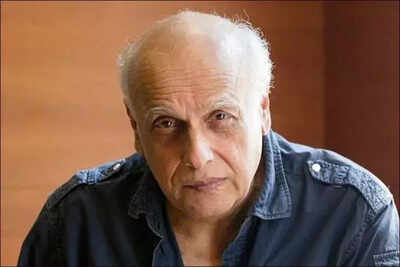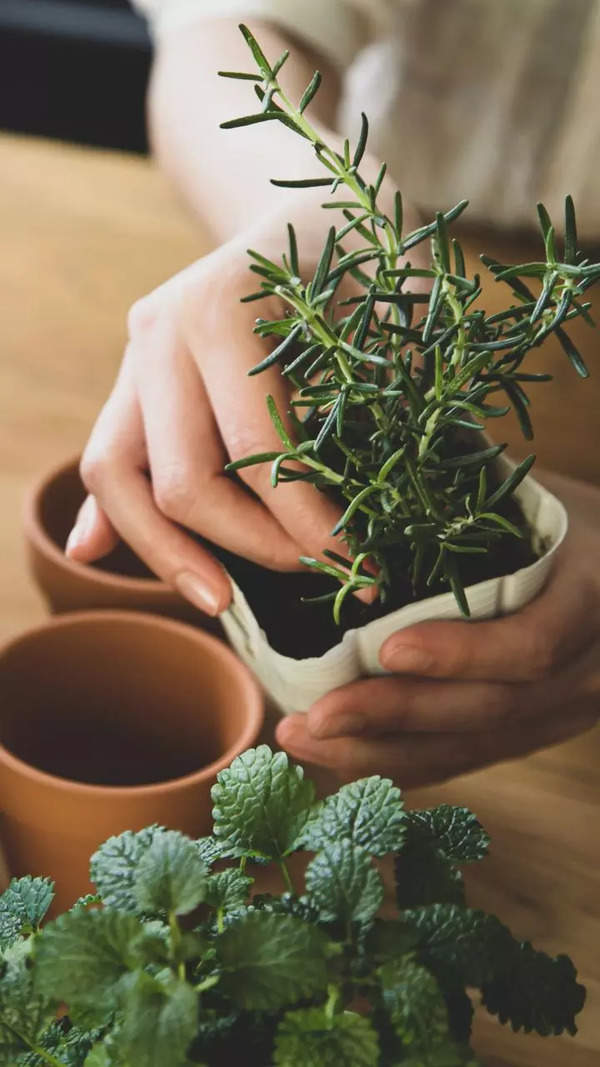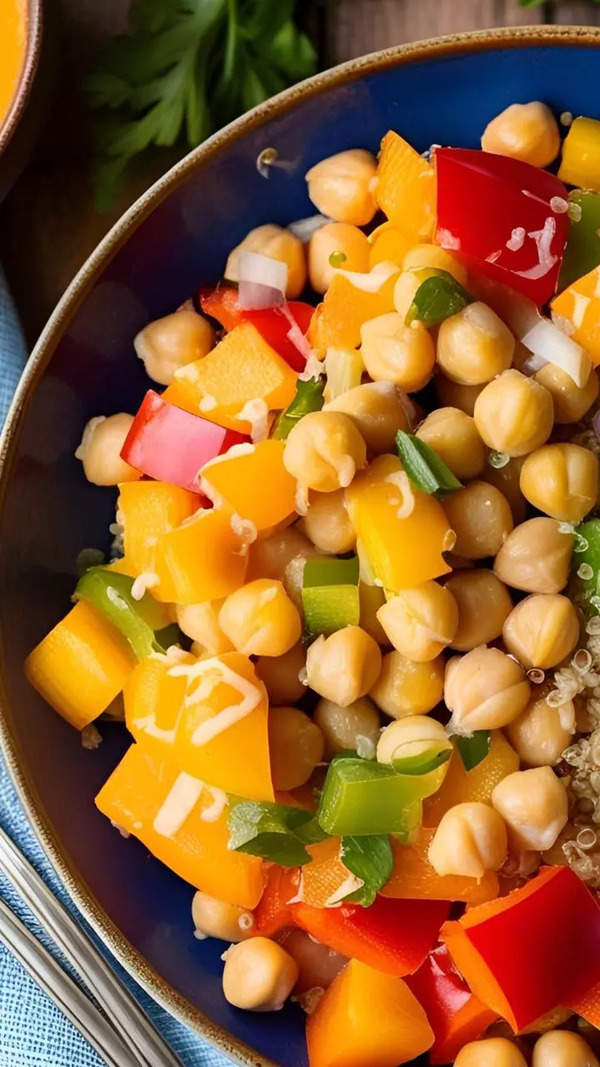- News
- entertainment
- hindi
- bollywood
- Mahesh Bhatt: The mere sight of Dilip Kumar, even from a distance, felt like a treasure greater than all the Eidi in my pocket- Exclusive
Trending
Mahesh Bhatt: The mere sight of Dilip Kumar, even from a distance, felt like a treasure greater than all the Eidi in my pocket- Exclusive
Mahesh Bhatt nostalgically reminisces about the cultural harmony and familial bonds during Eid celebrations in his childhood. His memories are rich with the warmth of family, the generosity of 'Eidi', and the communal joy that once defined the festivities. However, he is saddened by the current divisiveness.
Eid, for Mahesh Bhatt, is more than just a festival—it is a bridge to a past filled with warmth, familial bonds, and a sense of community that once defined his world. His memories of Eid are not merely nostalgic recollections but deeply felt experiences that capture the essence of an era where cultural harmony thrived. As he looks back, he finds himself transported to the bustling streets of Bombay, where traditions, emotions, and cinematic legends converged to make Eid an unforgettable celebration. In this heartfelt reflection, Bhatt delves into his childhood, his cherished moments with family, and the enduring imprint of those days on his soul.
Bhatt Saab, what are your Eid memories?
The sun sinks into the Arabian Sea, and the city waits for Chand Raat. Friends send me a song—Gali Mein Aaj Chand Nikla—from my film Zakhm, my past folded into melody. Eid Mubarak. A greeting that echoes in the inner caves of my heart. I am moved to tears. It is my mother’s voice I hear, calling her younger sister, (former actress) Poornima—Emraan Hashmi’s grandmother. A moment, long gone, yet alive in the hush before the moon appears.
These are such beautiful memories!
Pali Hill was your passage into spatial freedom?
For us, it wasn’t the film stars who made Pali Hill special. It was Badi Aunty—Emraan’s grandmother—the original star of our sprawling family. She lived in a palatial bungalow with a vast garden, a world so grand it felt unreal. As a child in the late 1950s and early 60s, I was immersed in the vibrant cultural tapestry of Union Park, Pali Hill, where India’s plural heritage thrived. The festive atmosphere was electric, with luminaries like Pran Sahab, Gope, Sajan Sahib, and the esteemed director M. Sadiq, known for Chaudhvin Ka Chand, visiting to extend their greetings to Badi Aunty. Their presence filled the air with festivity.
Were these luminaries the ones who made your childhood Eid special?
What made those times particularly special was the tradition of receiving ‘Eidi’ money during Eid. Badi Aunty, with her boundless generosity, always gave me two rupees instead of one—a fortune to my youthful self. I can still see the color of that note in my mind’s eye. Our home brimmed with the aroma of sheer khurma, served throughout the day to guests from all walks of life, a symbol of our shared cultural ethos.
What does Union Park mean to you as you look back?
Union Park was a world of communal harmony, a stark contrast to the more insular Shivaji Park. People of all faiths lived together, bound by a sense of kinship. The taste of sheer khurma still lingers in my memory, carrying with it the warmth of those days. There was another quiet thrill…
What was that?
Sneaking out to catch a glimpse of Dilip Kumar near his residence. The mere sight of him, even from a distance, felt like a treasure greater than all the Eidi in my pocket. As evening fell, the giving of Eidi marked the culmination of a day rich with joy. The thought of returning to our modest one-bedroom home felt like the end of an enchanting film, yet the glow of Union Park never truly faded.
Bhatt Saab, is Eid no longer the same for you?
Today, when I look back, I am saddened by the divisive rhetoric that stains the air. This was not the world we were meant to shape. I close my eyes and hear my mother’s voice again. I see the two-rupee note in my palm, feel the warmth of Badi Aunty’s hand, and mahesh taste the sweetness of sheer khurma. Eid will come again. But for me, not like before. Never like before.
End of Article
FOLLOW US ON SOCIAL MEDIA
Visual Stories
Tired of too many ads?









